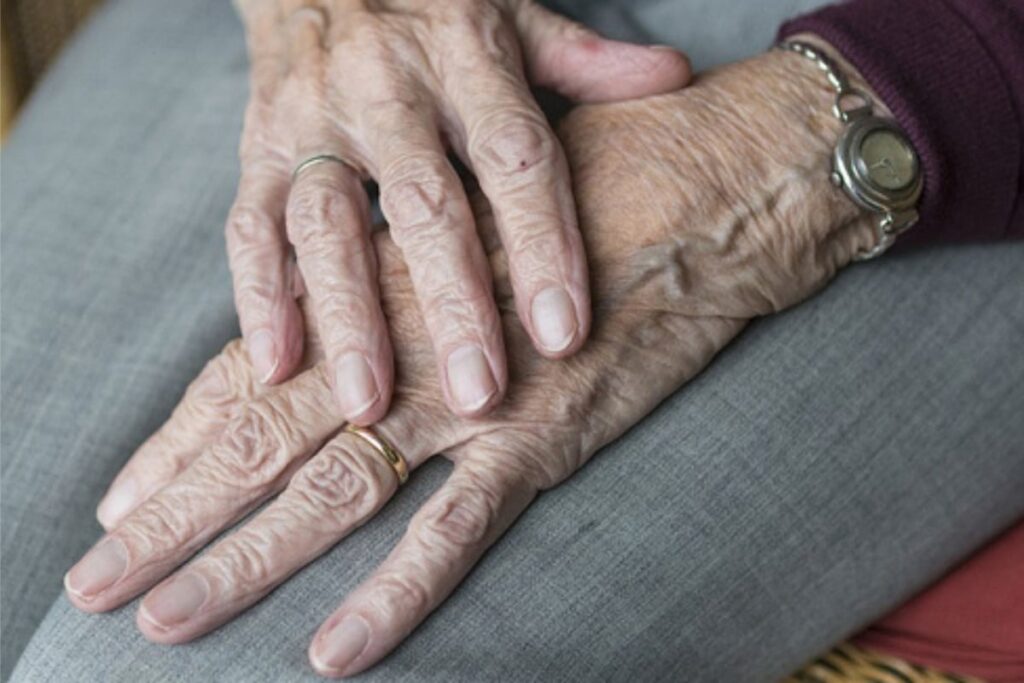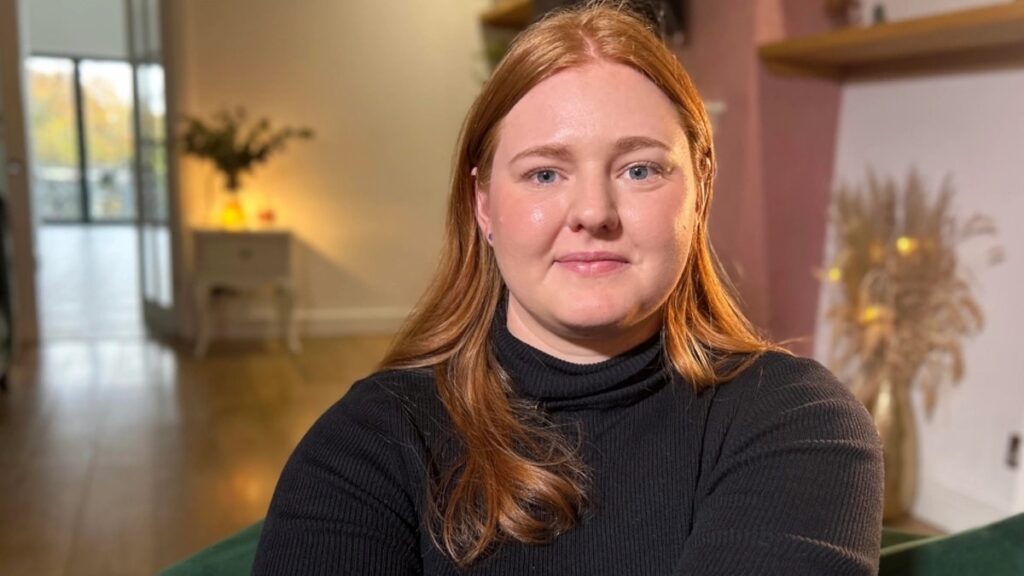
🧠 Old Age Does Not Begin at a Specific Age, but at a State
According to the High Authority of Health, it is now clear that civil age is not enough to define old age. What really matters is “functional frailty”, which refers to a state of physical or mental vulnerability. This may manifest as chronic fatigue, persistent pain, or a decline in motor or cognitive abilities. These signs can appear well before the age of 75, sometimes even as early as 50 for certain individuals.
This shift in thinking challenges a common misconception: one does not become old at a fixed age but when one begins to experience – subjectively or objectively – limitations in daily life.

🔄 From 50 to 75 Years: A Phase of Progressive Vulnerability
The period between 50 and 75 years is seen as a transition towards what is known as “aging.” It is not yet old age, but it often marks the beginning of certain frailties: joint problems, reduced energy, memory issues, or even social isolation.
This is also the age when the first risk factors related to chronic diseases (diabetes, hypertension, cardiovascular diseases, etc.) may emerge. However, this does not mean that one is “old” at 50: the majority of people remain generally healthy, active, and autonomous. It is precisely because this phase is pivotal that it deserves special attention.

⏳ 75 Years: The Pivot Age According to Medicine
In practice, 75 years is currently the commonly accepted threshold for discussing an “older person,” according to health authorities. It is from this age that a more pronounced deterioration in health status is statistically observed, along with a more frequent social withdrawal. Geriatrics considers this age to be a turning point, as care, support, and diagnostics often need to be adjusted for this population.
This does not imply that all 75-year-olds are dependent or ill, but that on average, aging becomes more evident, with greater emphasis on prevention, nutrition, physical activity, and quality of life.

📊 “Senior,” “Elder,” “Advanced Age”… Terms with Multiple Uses
The terminology used to describe older individuals varies depending on the context:
- “Senior” from 55 years in the workplace
- “Senior” medical from 70 years
- “Elder” from 75 years
- “Third Age” between 75 and 85 years
- “Advanced Age” beyond 85 years
These designations highlight how society segments aging, sometimes arbitrarily. They also reflect very different realities, from a fifty-something still active to a 90-year-old requiring daily support. This ambiguity contributes to clouding our perception of what old age truly is.

🌟 Aging Is Also About Self-Achievement
Amid these fluctuating benchmarks, aging should not be viewed solely as a loss, but rather as an opportunity for self-fulfillment. “Being of mature age allows for realization and self-actualization,” reminds the HAS. It is a time to enjoy time differently, travel, spend time with grandchildren, or engage in personal projects.
Aging is also about learning to live differently, slowing down, and savoring life. As long as one remains active, curious, and surrounded by loved ones, old age can be a period rich in meaning and discoveries.

❤️ Preventing for Better Aging
Ultimately, the real challenge is not to postpone aging, but to live it better. This involves:
- A good lifestyle from the age of 50
- A regular monitoring of risk factors
- An appropriate physical activity
- And most importantly, a kind view of oneself
Aging in good health is possible. It all starts with a conscious awareness: that our bodies change, our rhythms evolve, but our lives continue to hold just as much value.








